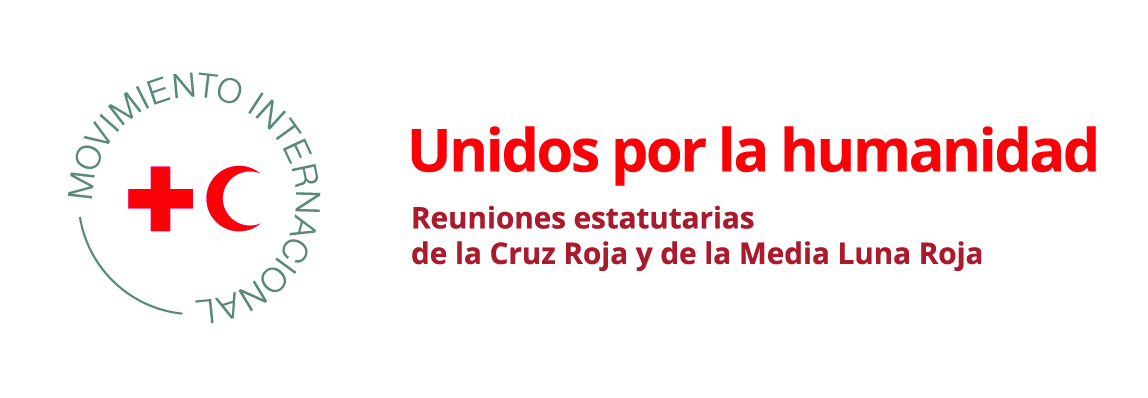Acciones tomadas:
The Italian Red Cross’s (CRI) progress in implementing the Women and Leadership pledge from the 33rd International Conference aims to enhance women’s representation and leadership across all levels in the humanitarian sector, and the dedication to fostering an inclusive environment and promoting women’s leadership within the organization.
Progress Overview:
Regular publication of sex, age, and disability disaggregated data is systematically collected and analyzed to identify barriers. CRI has invested in leadership development programs specifically targeting women, with a focus on those from disaster-prone regions. Currently, women make up 42% of CRI’s overall human resources.
Women in leadership roles are well represented in the organization, with 3 out of 5 Departments led by female directors, demonstrating a strong commitment to enhancing female leadership. The percentage of women in Unit Manager positions is 39%, with 14 out of 36 Unit Managers being women.
In the volunteering system, women represent 53% of volunteers, with 76,594 women compared to 66,964 men. For volunteers deployed in emergency contexts, such as the migrant emergency in Lampedusa, women constitute 47%, while in the floods in Emilia Romagna and Toscana regions, the percentages are 26% and 12%, respectively.
In response to the COVID-19 emergency, CRI has demonstrated a notable activation of female volunteers. In 2020, 55.3% of the activated volunteers were women, amounting to 15,013 out of a total of 27,129 volunteers. The trend of female predominance continued in 2021, with women constituting 57.5% of activated volunteers, numbering 11,244 out of 19,544. In 2022, women still represented a significant portion of activated volunteers at 56.8%, with 4,057 women out of 7,134 total volunteers.
These figures highlight a consistent and strong female presence in CRI’s response to emergencies, underlining the organization’s commitment to enhancing women’s participation and leadership in critical operations.
Moreover, CRI has implemented policies and initiatives to create safe and inclusive workplaces. These include training on sexual harassment prevention and child protection. Key initiatives launched are:
- Development of company policies on smart working, flexibility, and work-life balance, including additional smart working days for employees with dependent children.
- Conducting surveys on the prevalence of violence, including gender-based violence, within the Association, to guide future CRI policies and ensure a safe and secure environment for all volunteers



